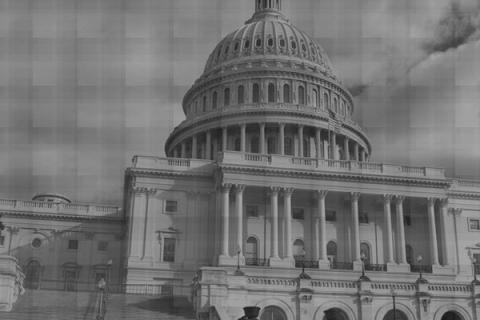 The president and CEO of the U.S. Rice Federation, Betsy Ward, is confident that eliminating trade barriers with Cuba would create “the largest market for U.S. grown rice in the world.” A guest speaker at a panel discussion hosted by the Cuban Interests Section, Ward addressed business interests and Cuban government officials in Havana via video conference last Friday. Not only would the lifting of sanctions generate rural American jobs and allow Cubans to enjoy cheaper prices on a diet staple, these benefits would manifest “overnight” says Ward.
The president and CEO of the U.S. Rice Federation, Betsy Ward, is confident that eliminating trade barriers with Cuba would create “the largest market for U.S. grown rice in the world.” A guest speaker at a panel discussion hosted by the Cuban Interests Section, Ward addressed business interests and Cuban government officials in Havana via video conference last Friday. Not only would the lifting of sanctions generate rural American jobs and allow Cubans to enjoy cheaper prices on a diet staple, these benefits would manifest “overnight” says Ward.
The proof is in the precedent. Before the embargo of 1962, Cuba was the top importer of U.S.-grown rice. Rice shipments resumed in 2000 when Congress passed legislation that permitted agricultural exports to the island nation. Between 2002 and 2006, the U.S. exported 635,000 metric tons of rice to Cuba. Rule revisions and tightening in 2005 spelled doom for U.S. rice sales to Cuba, which ceased in 2008.
Ward underscored the U.S. rice industry's long-standing commitment to normalizing trade and travel relations with Cuba by reminding conference attendees that USA Rice was the first U.S.-centered organization to exhibit at a Havana Trade Fair in 2001.
Cuba has one of the highest rice consumption rates in the Americas at close to 1 million metric tons per year, but it produces only 40 percent of its rice needs, importing the rest from other countries.
Free trade with Cuba would be especially advantageous to California, as it is the nation's second largest rice producing state. In 2010, farmers in the Golden State yielded nearly 4.5 billion pounds of rice. The heart of California's rice agro-industry lies within a 100 miles of the State Capitol in the Sacramento Valley where 95 percent of the state's rice crop is grown. According to a California Rice Commission fact-sheet, the rice industry annually contributes $1.8 billion dollars and 25,000 jobs to the state's economy.
But Ward doesn't expect U.S.- Cuba trade policy to change much within the next year, stating that such political strides are unlikely to be taken by representatives or administration officials in an election year.
